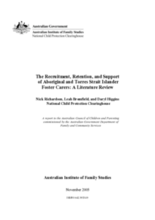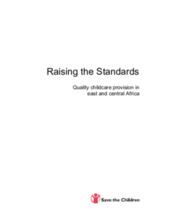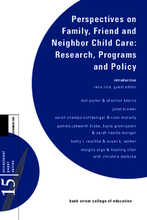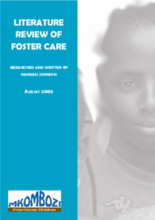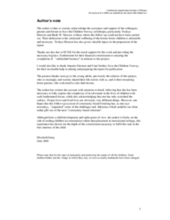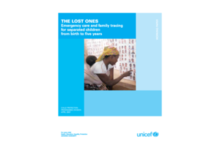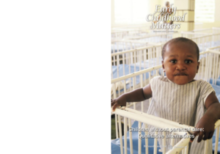Displaying 2141 - 2150 of 2221
The aim of this report was to examine the recruitment, retention, training, assessment and support of Aboriginal and Torres Strait Islander people caring for children removed from their parents.
A set of standards and indicators to guide staff and agencies in the provision of a minimum standard of care for children. The standards apply across a range of care settings and cover the delivery and administration of child care services, staff and caregiver competence, and the quality of care children should expect to receive.
A series of papers examining kinship care options and programs in the US which address low socio-economic status, culturally appropriate care, exemplary models of kinship care, and public policy.
A brief overview of foster care practice in the UK, Australia, South Africa, Uganda, and Tanzania. It includes information and lessons learnt on how caregivers are recruited and trained in these countries, how a child is placed, and how family support services are offered.
This report presents the survey Kevin Browne and colleagues conducted in 33 European countries to identify the number and characteristics of children less than three placed in residential care without their parents for more than three months during the year ending December 31, 2003. The purpose was to assess the rate and cost of residential care as a response to children in adversity.
Serves as an example of fostering service standards from the perspective of children, birth families, and foster caregivers
Economist article which argues for changes in US federal welfare funding to maintain family unity and reduce the numbers of children entering into foster care.
A description of the programmatic steps taken in establishing a community-based foster home in Ethiopia and an evaluative follow-up on these children ten years later
A manual primarily concerned with the prevention of separation of children during emergencies. It provides a field-oriented guide to solve problems specific to emergency care and tracing and family reunification of babies and children five years and younger.
Collection of articles highlighting suggestions on how to improve existing mechanisms for providing adequate care. Major article on the current state of international thinking on children without parental care.

